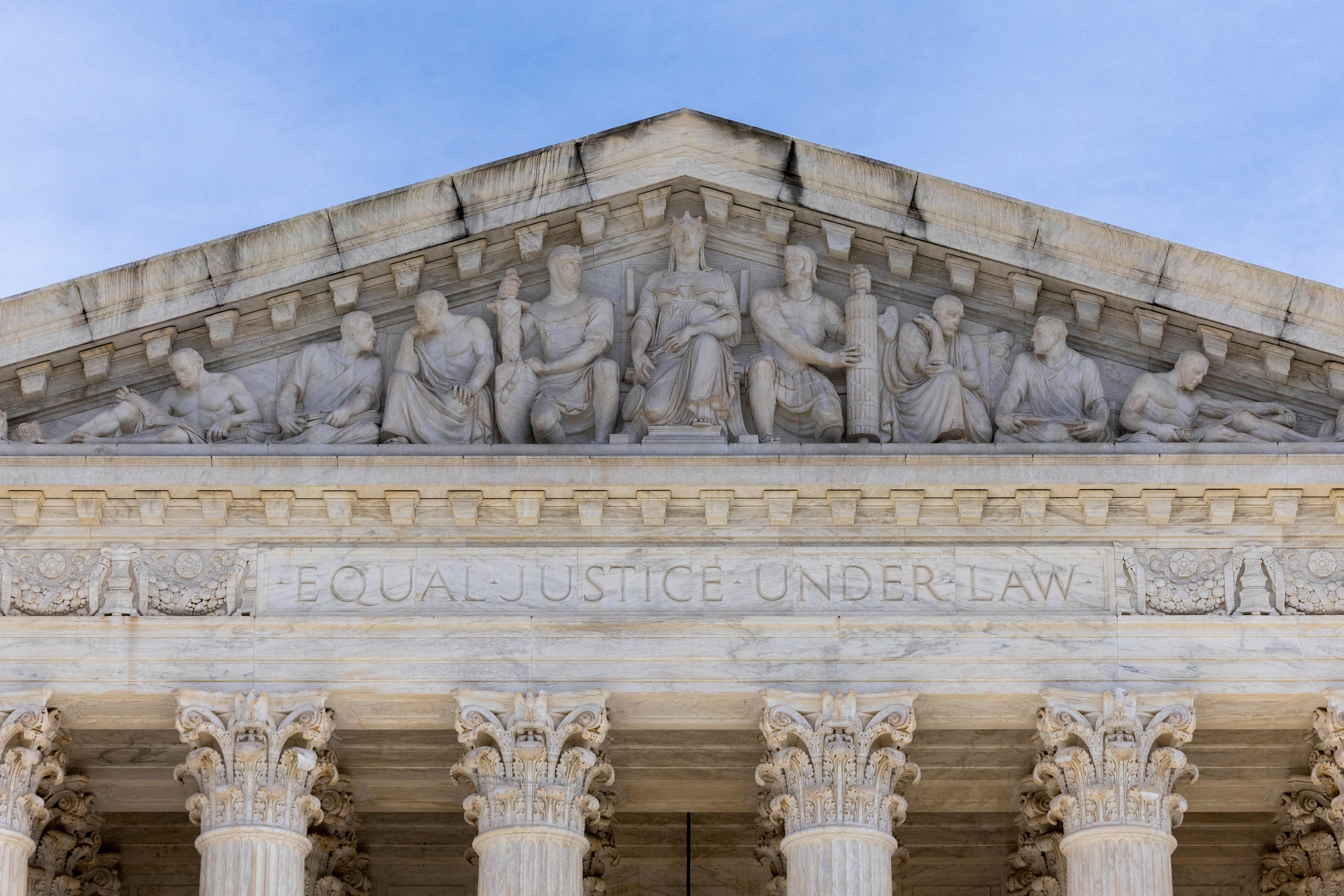Washington — The Supreme Court on Friday said it will allow the Trump administration to partially enforce an executive order that seeks to end birthright citizenship while proceedings in a challenge to the directive move forward, ruling that universal injunctions issued by lower courts likely exceed the authority Congress has granted them.
In a widely anticipated decision involving the scope of nationwide injunctions, the high court said that the universal orders likely go beyond the equitable authority that Congress has granted to the federal courts. Justice Amy Coney Barrett authored the majority opinion for the 6-3 court, with the liberal justices in dissent.
The court’s ruling came in a trio of emergency appeals by the Trump administration arising out of the president’s executive order seeking to end birthright citizenship. The Justice Department had asked the Supreme Court to narrow the scope of three separate injunctions that blocked implementation of Mr. Trump’s policy nationwide while legal challenges brought by 22 states, immigrants’ rights groups and seven individuals moved forward.
But instead of swiftly deciding whether to grant the Trump administration emergency relief, the Supreme Court held arguments on whether to restrict the use of nationwide, or universal, injunctions, which are judicial orders that prevent the government from enforcing a policy anywhere in the country and against anyone.
The court did not consider or rule on the merits of Mr. Trump’s birthright citizenship plan, and its decision means that the executive order cannot be enforced against the states, organizations and individuals who challenged its legality. The Trump administration has said agencies have 30 days to issue public guidance about implementation of the policy.

